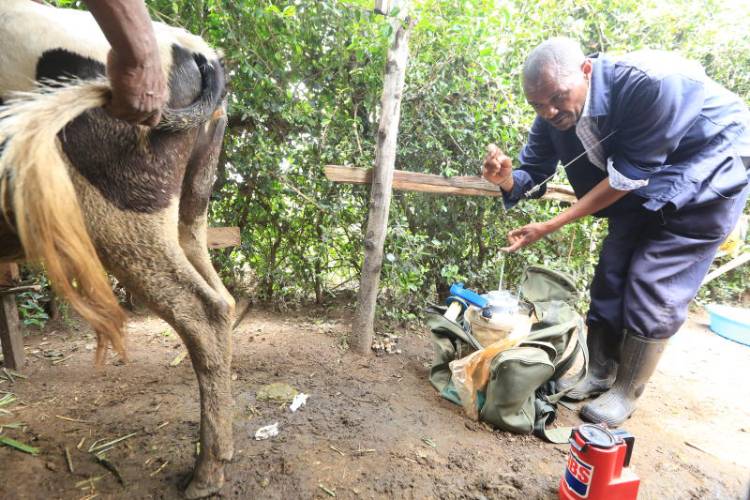×
The Standard e-Paper
Smart Minds Choose Us

Dear Dr Othieno, I need your help. my cow has been served three times without success. Last week, I called a vet to examine the cow but he said all results were negative meaning my dairy cross is fine. What could be making it not to conceive? I am using Artificial Insemination since I want to improve its genetics but I am now considering going for a bull which I am told rarely fails.
[Kamau, Githunguri]